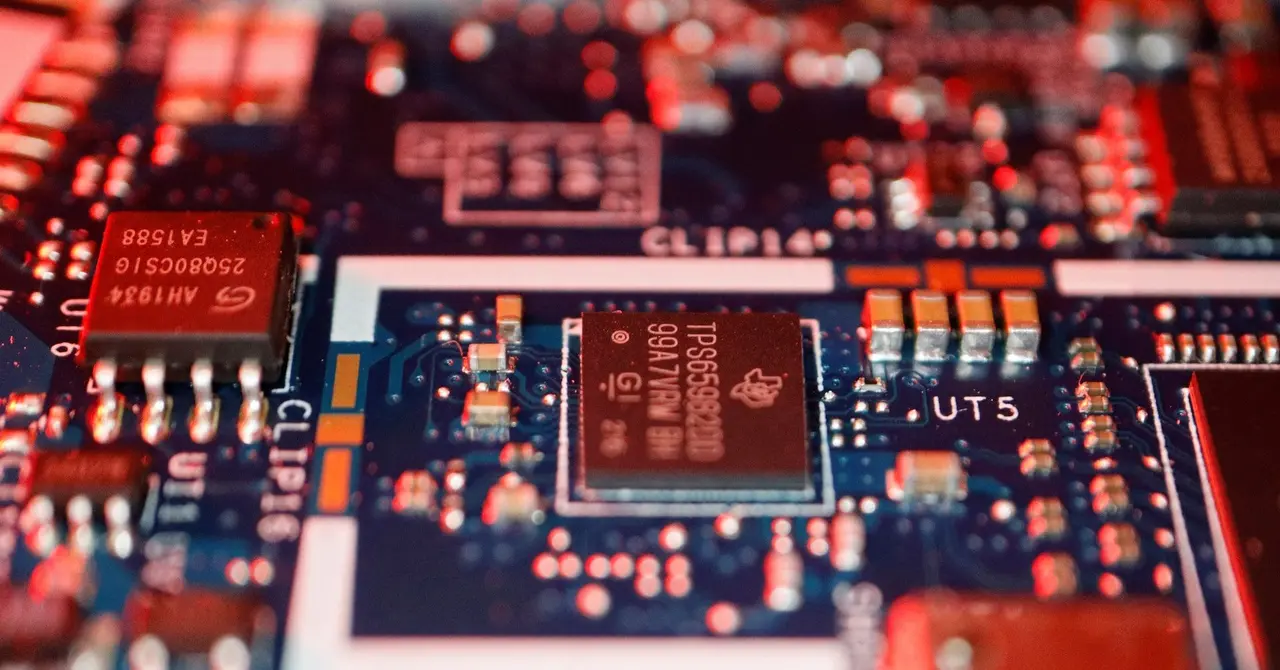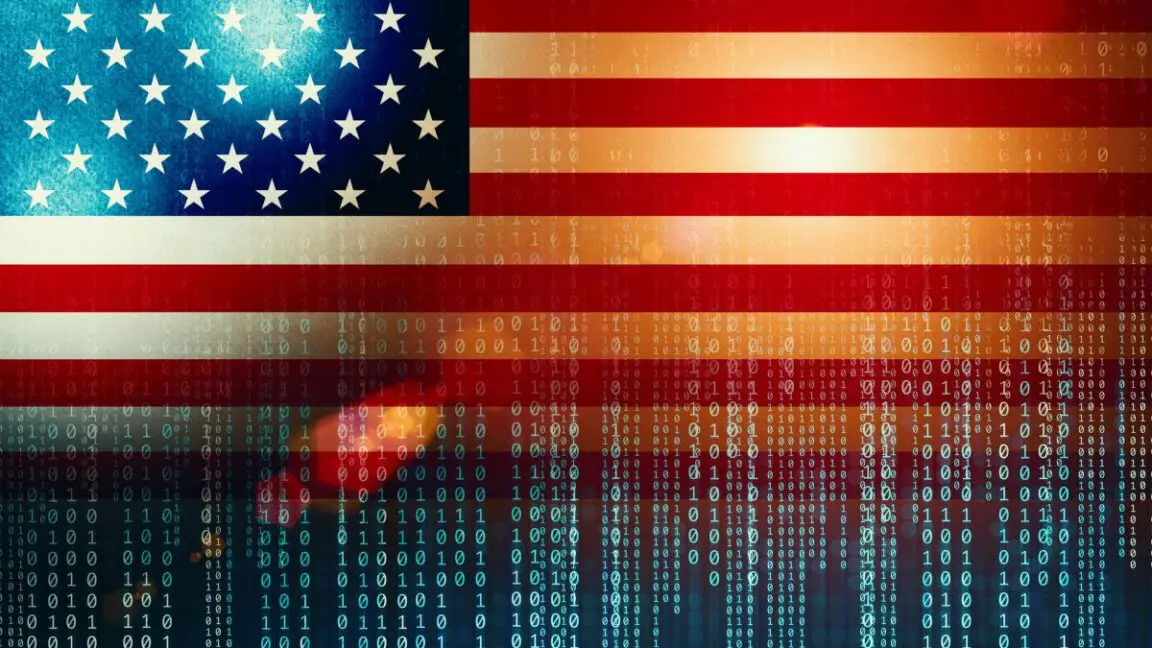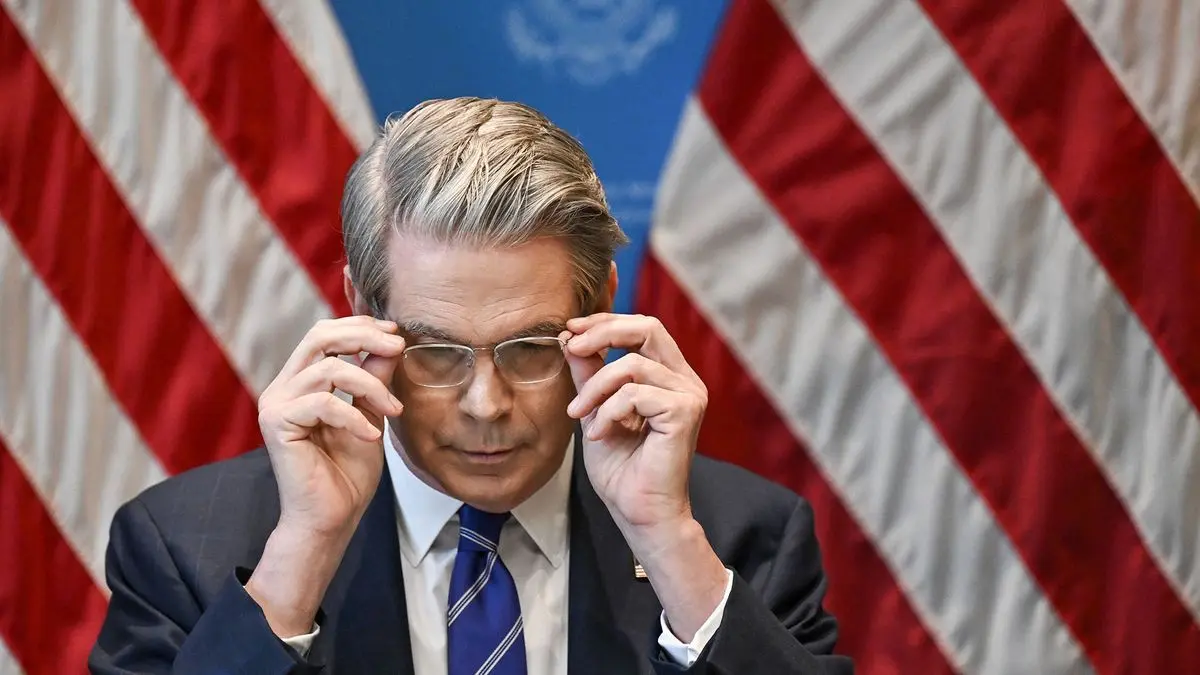Biden Administration's AI Chip Export Controls Likely to Persist Under Trump, Says Sullivan
2 Sources
2 Sources
[1]
Trump Likely to Maintain New AI Chip Controls, Top Biden Aide Sullivan Says
President-elect Donald Trump is likely to maintain new US limits on global sales of AI chips by Nvidia Corp. and others, a top Biden administration official said, citing bipartisan national security concerns surrounding China's pursuit of advanced technology. The rules, unveiled by the White House on Monday, would cap shipments of advanced AI processors on both a company and a country basis, covering most of the world in an expansion of trade curbs that have mostly targeted China. While it's possible that the incoming Trump administration may tweak the parameters of the restrictions, National Security Advisor Jake Sullivan said he expects that the core pieces will remain in tact.
[2]
Trump Likely to Maintain New AI Chip Controls, Top Biden Aide Sullivan Says
(Bloomberg) -- President-elect Donald Trump is likely to maintain new US limits on global sales of AI chips by Nvidia Corp. and others, a top Biden administration official said, citing bipartisan national security concerns surrounding China's pursuit of advanced technology. The rules, unveiled by the White House on Monday, would cap shipments of advanced AI processors on both a company and a country basis, covering most of the world in an expansion of trade curbs that have mostly targeted China. While it's possible that the incoming Trump administration may tweak the parameters of the restrictions, National Security Advisor Jake Sullivan said he expects that the core pieces will remain in tact. "Obviously it's going to be up to them how they want to proceed, and they may have internal debates the same way we had internal debates about exactly how to calibrate the rule," Sullivan said in a wide-ranging interview on Monday with Bloomberg News. "But I would be surprised sitting here today if, after 120 days, they looked at the landscape as we've looked at it, and said, 'You know, we really don't need this at all.'" The measures were designed to achieve two core objectives, Sullivan said: maintaining American leadership in frontier AI, and ensuring that US -- not Chinese -- technology powers global AI development. "We're determined to protect, preserve and extend that lead, and that's the hand we're going to pass on to the next administration," he said. The rules have set off a firestorm in Washington, with some key tech companies -- Nvidia in particular -- lobbying fiercely against what they see as an extreme overreach. Asked whether he's worried about Trump cutting deals with CEOs that oppose the direction of US tech policy, Sullivan said that with some unnamed exceptions, corporate leaders "by and large" accept the basic need for trade restrictions. That will make it "extremely hard" to knock the US off course, Sullivan said. But there's also a lot of room for Trump to maneuver as he sees fit. The new rules have a 120-day comment period, giving the new administration time to reopen conversations with companies and lawmakers. Republican Senator Ted Cruz has already said he's looking at legislative options -- including the Congressional Review Act -- to potentially overturn the rules, issued a week before President Joe Biden's term ends. Nvidia Chief Executive Officer Jensen Huang said before the rules were officially published that he expects the Trump administration to bring less regulation. On Monday, the company criticized the Biden administration for jeopardizing US progress in AI technology, adding that Nvidia looks forward to a "return to policies that strengthen American leadership" under Trump.
Share
Share
Copy Link
National Security Advisor Jake Sullivan expects the incoming Trump administration to maintain new US limits on global sales of AI chips, citing bipartisan national security concerns regarding China's pursuit of advanced technology.

Biden Administration Implements New AI Chip Export Controls
The Biden administration has unveiled new rules limiting global sales of advanced AI processors, marking a significant shift in US technology export policy. National Security Advisor Jake Sullivan expects these controls to persist under the incoming Trump administration, citing bipartisan national security concerns
1
.Scope and Objectives of the New Rules
The newly implemented rules cap shipments of advanced AI processors on both a company and country basis, extending beyond China to cover most of the world. Sullivan outlined two core objectives behind these measures:
- Maintaining American leadership in frontier AI
- Ensuring that US technology, not Chinese, powers global AI development
"We're determined to protect, preserve and extend that lead, and that's the hand we're going to pass on to the next administration," Sullivan stated
2
.Industry Reaction and Potential Challenges
The new rules have sparked controversy in Washington, with some key tech companies, particularly Nvidia, lobbying against what they perceive as regulatory overreach. Nvidia CEO Jensen Huang had previously expressed expectations of less regulation under the Trump administration
2
.Despite this pushback, Sullivan noted that most corporate leaders accept the basic need for trade restrictions, making it "extremely hard" to alter the US course significantly
2
.Related Stories
Transition and Potential Adjustments
While Sullivan anticipates the core elements of the policy to remain intact, he acknowledged the possibility of adjustments under the Trump administration. The rules include a 120-day comment period, allowing the incoming administration to revisit discussions with companies and lawmakers
2
.Republican Senator Ted Cruz has already indicated he's exploring legislative options, including the Congressional Review Act, to potentially overturn the rules
2
.Nvidia's Response
Nvidia, a key player in the AI chip market, criticized the Biden administration's approach, stating that it jeopardizes US progress in AI technology. The company expressed its anticipation for a "return to policies that strengthen American leadership" under Trump
2
.As the transition of power approaches, the tech industry and policymakers alike will be closely watching how these export controls evolve and impact the global AI landscape.
References
Summarized by
Navi
Related Stories
Trump Administration Considers Overhaul of Biden's AI Chip Export Rules
30 Apr 2025•Policy and Regulation

Trump Administration Rescinds Biden's AI Chip Export Restrictions, Promises Simpler Rules
08 May 2025•Policy and Regulation

Tech Giants and Foreign Leaders Challenge Trump Administration's AI Chip Export Controls
26 Mar 2025•Policy and Regulation

Recent Highlights
1
ByteDance's Seedance 2.0 AI video generator triggers copyright infringement battle with Hollywood
Policy and Regulation

2
Demis Hassabis predicts AGI in 5-8 years, sees new golden era transforming medicine and science
Technology

3
Nvidia and Meta forge massive chip deal as computing power demands reshape AI infrastructure
Technology





